WHO IS ON THE LANDLORDS' SIDE?
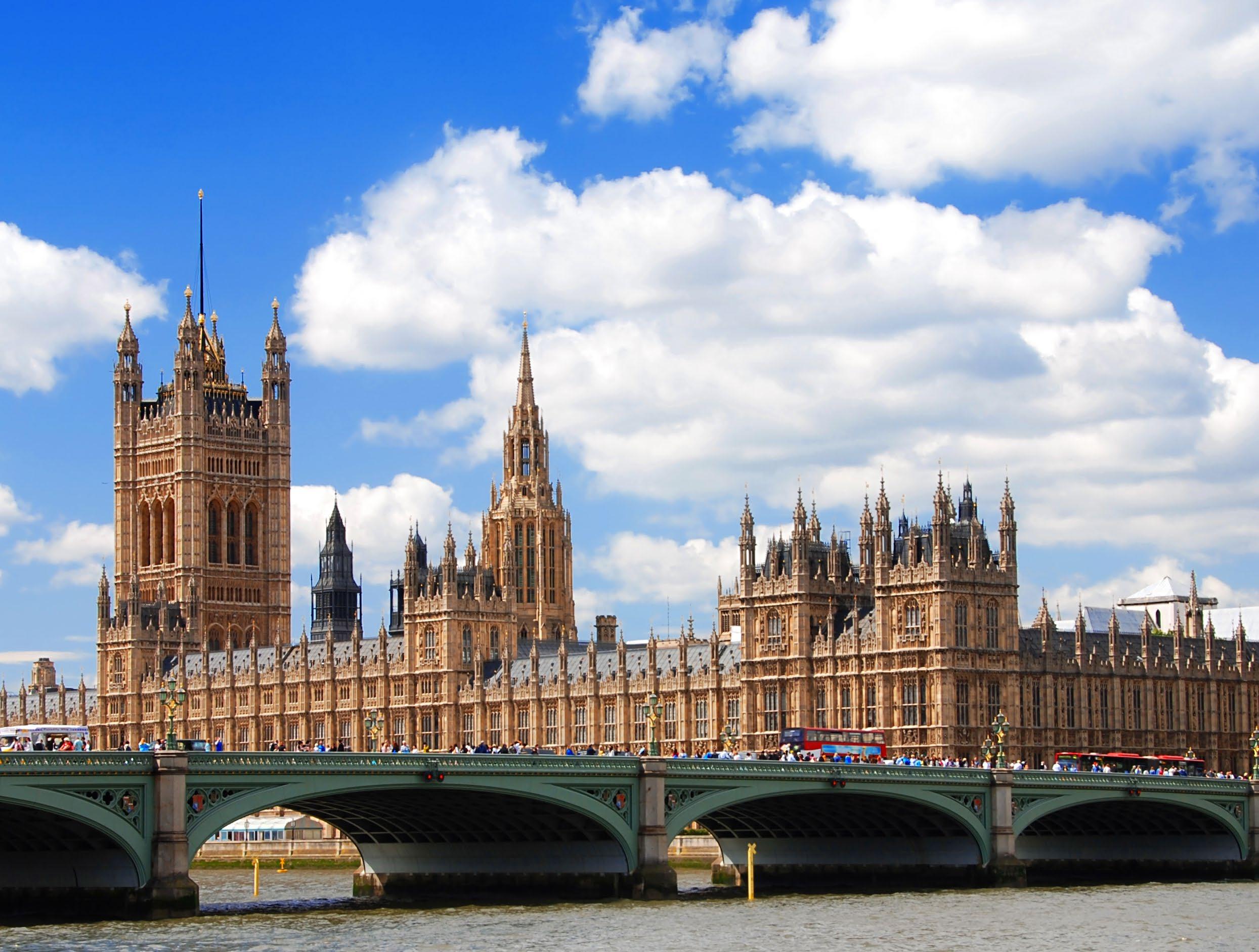







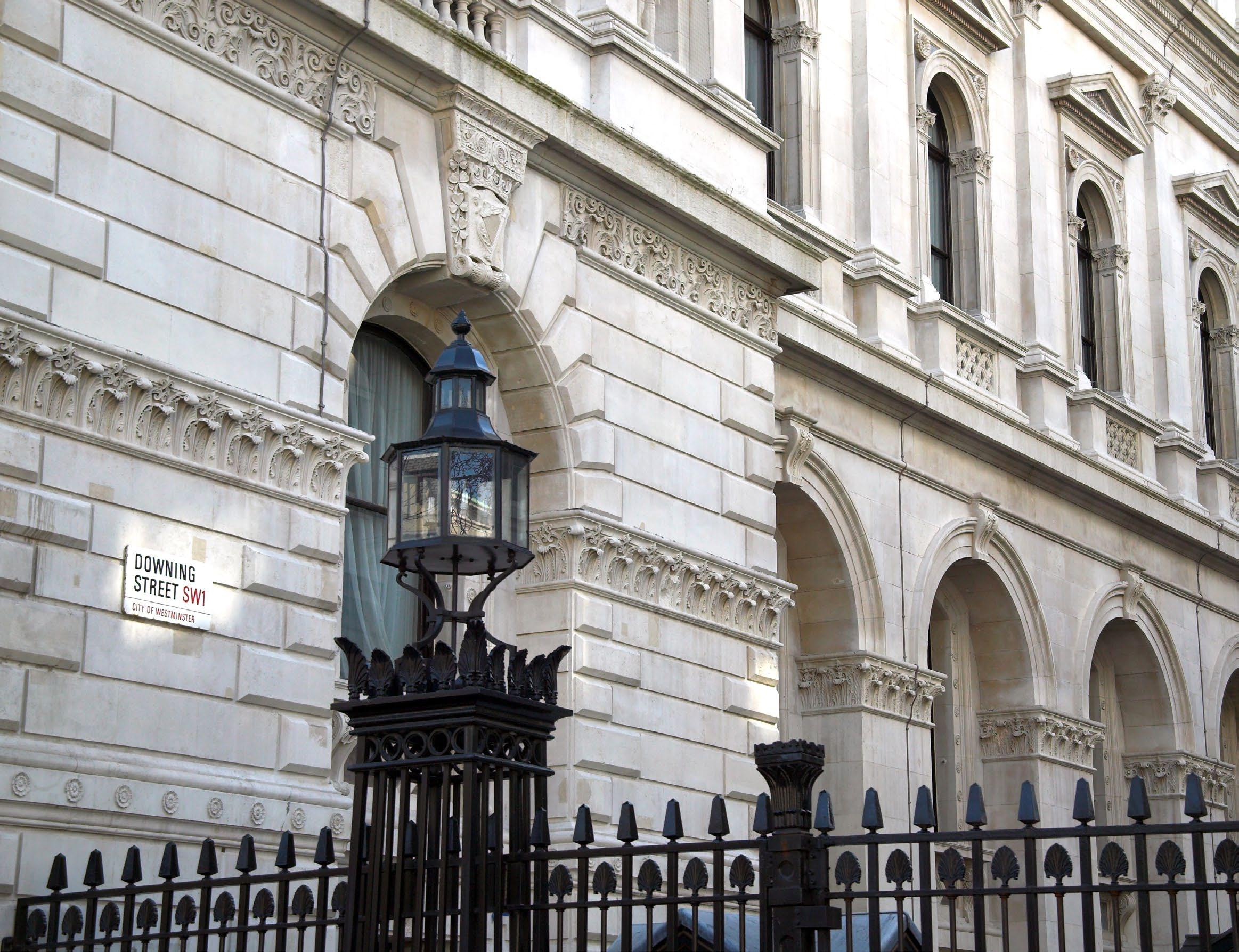
Who will get the keys to Number 10? You decide...
With voting for the general election taking place in just a few days’ time, many landlords may be wondering which party is going to get their vote.
When the election was called just over a month ago we asked all the five main parties – Labour, Tory, LibDem, Green and Reform – five specific questions. These were: What is the biggest issue facing a residential landlord today? Will you resurrect the Renters’ Reform Bill? If so, what is your estimated
timeline and what will be your focus? Why should a landlord vote for your party in the election?
The Private Rental Sector (PRS) is a significant sector housing roughly a fifth of UK families – 4.6million households. Landlords are therefore a vitally important part of the electorate and their vote could make all the difference to not only which party gets in but also the immediate future of the PRS.
We had hoped they would all reply as it represented a

great opportunity to use our Landlord Times as a free vehicle to communicate to our 6,500 landlords and try and win their vote.
We reiterated these are the very landlords who could well base their vote on this very topic.
Sadly not one party responded so we have extracted the pertinent information from their manifestos to help those of you who are undecided as to who to vote for.
The Conservative party
In its manifesto, the Conservatives pledge to pass a version of the Renters’ Reform Bill, introduce a two-year temporary Capital Gains Tax relief for landlords who sell to their existing tenants and eventually scrap Section 21.
We will deliver 1.6 million homes in England in the next Parliament by:
Abolishing the ‘nutrient neutrality’ rules to immediately unlock the building of 100,000 new homes with local consent, with developers required to pay a one-off mitigation fee so there is no net additional pollution.
Delivering a record number of homes each year on brownfield land in urban areas.
Supporting local and smaller builders by requiring councils to set land aside for them.
Lifting Section 106 burdens on more smaller sites, while ruling out Labour’s proposed ‘community right to appeal’.
Renewing the Affordable Homes Programme that will deliver homes of all tenures and focus on regenerating and improving housing estates.
Retaining our commitment to protect the Green Belt from uncontrolled development, while ensuring more homes get built where it makes sense, like in inner cities.
A plan to support first-time buyers onto the housing ladder and ensure fairness in our housing system.
We will ensure the majority of firsttime buyers pay no Stamp Duty at all. We will make permanent the increase to the threshold at which first-time buyers pay Stamp Duty to £425,000 from £300,000.
We will also launch a new and improved Help to Buy scheme to provide first-time buyers with an equity loan of up to 20% towards the cost of a new build home.
First-time buyers will be able to get onto the housing ladder with a 5% deposit on interest terms they can afford. The scheme will be part funded by contributions from house builders.
We will also continue our Mortgage Guarantee Scheme …. while supporting more families to buy through shared ownership.
We will always prioritise giving those who work hard and contribute to our country a leg up in the housing market. We will legislate for new ‘Local Connection’ and ‘UK Connection’ tests for social housing in England, to ensure this valuable but limited resource is allocated fairly.
We will implement a ‘three strikes and you’re out’ expectation of social housing landlords for anti-social behaviour. They will be expected to evict tenants whose behaviour is disruptive to neighbours and the local community.
Under the Family Home Tax Guarantee, we will not increase the number of council tax bands, undertake an expensive council tax revaluation or cut council tax discounts. We will maintain Private Residence Relief …. and we will not increase the rate or level of Stamp Duty.
We will introduce a two-year temporary Capital Gains Tax relief for landlords who sell to their existing tenants. We will protect the laws that ensure the discounts rise with inflation and fight any plan by local authorities to abolish the Right to Buy altogether.
We will complete the process of leasehold reform …… cap ground rents at £250, reducing them to peppercorn over time. We will end the misuse of forfeiture, so leaseholders don’t lose their property and capital unfairly and make it easier to take up commonhold.
We will pass a Renters Reform Bill that will deliver fairness in the rental market for landlords and renters alike. We will deliver the court reforms necessary to fully abolish Section 21 and strengthen other grounds for landlords to evict private tenants guilty of anti-social behaviour.
We will continue our support for leaseholders affected by historic building safety problems by requiring the continuation of developer-funded remediation programmes for mid- and high-rise buildings.
We will ensure councils have the powers they need to manage the uncontrolled growth of holiday lets. We will support those who want to build or commission their own home by making the planning process simpler, while also supporting more community housing schemes. We will encourage the building of different forms of housing, particularly


The Labour party
As part of an overhaul of the private rented sector, Labour’s big pledge is to immediately abolish Section 21 evictions.
Break Down Barriers To Opportunity
Security … means having a secure roof over your head. That is not the case for too many renting their homes privately. Labour will legislate …. overhauling the regulation of the private rented sector.
We will immediately abolish Section 21 ‘no fault’ evictions, prevent private renters being exploited and discriminated against, empower them to challenge unreasonable rent increases, and take steps to decisively raise standards, including extending ‘Awaab’s Law’ to the private sector.
For far too many leaseholders, the reality of home ownership
We will enact the package of Law Commission proposals on leasehold enfranchisement, right to manage and commonhold. We will …. ban new leasehold flats and ensure commonhold is the default tenure. We will tackle unregulated and unaffordable ground rent charges. We will act to bring the injustice of ‘fleecehold' private housing estates and unfair maintenance costs to an end.
Labour pledges include:
Building 1.5 million new homes over the next parliament, updating the National Policy Planning Framework and restoring mandatory housing targets.
Ensure planning authorities have up-to-date Local Plans and reform and strengthen the presumption in favour of sustainable development. Fund additional planning officers, ensure local communities continue to shape housebuilding in their area and make full use of intervention powers to build the houses needed. Take a brownfield first approach, prioritising the development of previously used land wherever possible, and fast-tracking approval of urban brownfield sites.

Preserve the greenbelt but will take a more strategic approach to greenbelt land designation and release to build more homes in the right places. The release of lower quality ‘grey belt’ land will be prioritised and they will introduce ‘golden rules’ to ensure development benefits communities and nature.
Build new towns and introduce new mechanisms for crossboundary strategic planning. Labour will require all Combined and Mayoral Authorities to strategically plan for housing growth in
their areas.
Combined Authorities will get new planning powers along with new freedoms and flexibilities to make better use of grant funding.
Further reform compulsory purchase compensation rules to improve land assembly, speed up site delivery, and deliver housing, infrastructure, amenity, and transport benefits in the public interest. For specific types of development schemes, landowners will get fair compensation.
They promise the biggest increase in social and affordable housebuilding in a generation; strengthen planning obligations to ensure new developments provide more affordable homes; make changes to the Affordable Homes Programme ensuring it delivers more homes from existing funding; and support councils and housing associations to build their capacity and make a greater contribution to affordable housing supply.
Prioritise building new social rented homes, better protect existing stock by reviewing the increased right to buy discounts and increase protections on newly-built social housing.
Ensure the building of more high-quality, well-designed, and sustainable homes.
Implement solutions to unlock the building of homes affected by nutrient neutrality without weakening environmental protections.
Work with local authorities to give first-time buyers the first chance to buy homes and end the farce of entire developments being sold off to international investors before houses are even built.
Introduce a permanent, comprehensive mortgage guarantee scheme, to support first-time buyers who struggle to save for a large deposit, with lower mortgage costs.


The Liberal Democrats party
The Liberal Democrats didn’t mention the Renters’ Reform Bill specifically in their manifesto, which comprised a series of chapters. However they promised to end Section 21 evictions, making three-year tenancies the default and creating a national register of licensed landlords.
Housing:
Liberal Democrats will ensure everyone can access housing that meets their needs. Many people cannot afford to buy or rent a home of good quality where they live. Too many people live in housing so poor it damages their health. Government housebuilding targets are regularly missed and the shortage of affordable and social housing is at crisis point. Newly built homes are often energy inefficient and environmentally unfriendly. Too many new houses are built as leasehold and leaseholders still face large bills, not least because of the building safety scandal. Homelessness remains shamefully high. Local authorities’ powers to build the kind of homes needed in their areas are inadequate.
Liberal Democrats are committed to tackling these housing failures head
on by:
Building 380,000 new homes a year across the UK, including Build 380,000 new homes a year across the UK, including 150,000 social homes a year.
Banning no-fault evictions, making three-year tenancies the default and creating a national register of licensed landlords.
Giving local authorities, including National Park Authorities, the powers to end Right to Buy in their areas.
Abolishing residential leaseholds and capping ground rents to a nominal fee.
Build the homes people desperately need by:
Expanding Neighbourhood Planning across England.
Allowing councils to buy land for housing based on current use value and reform the Land Compensation Act 1961.
Properly funding local planning departments. No house building in high flood risk areas without adequate mitigation. Allow local authorities to set their own fees.
Encourage the use of rural exception sites to expand rural housing.
Trial Community Land Auctions to ensure local communities receive a fair share of the benefits of new developments.
Encourage development of existing brownfield sites with financial incentives. Ensure affordable and social housing is included.
Introduce ‘use it or lose it’ planning permission for developers who refuse to build.
Make homes warmer and cheaper to heat with a 10-year emergency upgrade programme. Ensure all new homes are zero carbon.
Remove dangerous cladding from all buildings. Ensure leaseholders do not have to pay towards it.
Introduce a new Rent to Own model for social housing where rent payments give tenants an increasing stake in the property, owning it outright after 30 years.
Cut energy bills and emissions and end fuel poverty by:
Launching an emergency Home
Energy Upgrade programme, with free insulation and heat pumps for low income households and a central role for local authorities in delivering this programme.
Providing incentives for installing heat pumps that cover the real costs.
Require all new homes to be built to a zero carbon standard.
Landlords must upgrade their properties to EPC C or above by 2028.
Introduce a new subsidised Energy Saving Homes scheme.
Give local authorities new powers to control second homes and short-term lets:
Allow them to increase council tax by up to 500% where homes are being bought as second homes, with a stamp duty surcharge on overseas residents purchasing such properties.
Create a new planning class for

The Green party
The Green Party as you can imagine, focused on providing more affordable, greener homes both to buy and rent, and promised a Right Homes, Right Place, Right Price Charter.
Providing fairer, greener homes for all
Everyone needs a warm, secure and affordable home. Yet millions of people don’t have this most basic building-block for a happy and successful life. Over a million households are on council waiting lists and more than 130,000 children are growing up in temporary accommodation.
Our Right Homes, Right Place, Right Price Charter
Local authorities and national government need to work together to deliver homes people can afford to rent or buy, where people need them. Our Right Homes, Right Place, Right Price Charter will simultaneously protect valuable green space for communities,

emissions, tackle fuel poverty and provide genuinely affordable housing.
It would:
Require local authorities to spread small developments across their areas.
Require all new developments to be accompanied by the extra investment needed in local health, transport and other services.
Ensure all new homes meet Passivhaus or equivalent standards and house builders include solar panels and heat pumps on all new homes, where appropriate.
Our Fairer, Greener Homes Guarantee
Our energy bills are far too high because we have the worstinsulated homes in Europe. We would bring down bills by reducing the loss of heat from homes, because the cheapest bill is the one you don’t have to pay.
Elected Greens will push for a local-authority-led, street-by-street retrofit programme to insulate our homes, provide clean heat and start to adapt our buildings to more extreme climate conditions.

This would mean investment of:
£29bn over the next five years to insulate homes to an EPC B standard or above as part of a tenyear programme.
£4bn over the next five years to insulate other buildings to a high standard
£9bn over the next five years for low-carbon heating systems (e.g. heat pumps) for homes and other buildings
150,000 new social homes each year
We pledge to provide 150,000 new social homes
every year through:
New build and the purchase/ refurbishment of older housing stock.
A community right to buy for local authorities for several categories of property.
Ending the individual ‘right to buy’, to keep social homes for local communities in perpetuity.
Our Fair Deal for Renters
Millions of private renters face unaffordable rents and constant insecurity.
Green MPs will push for:
Rent controls so local authorities can control rents if the rental market is unaffordable for many local people.
A new stable rental tenancy and an end to no-fault evictions so tenants are secure in their homes and don’t have their lives turned upside down on the whim of their landlords. We will also introduce a tenants’ right to demand energy efficiency improvements.
Private residential tenancy boards to provide an informal, cheap and speedy forum for resolving disputes before they reach a tribunal.
Accelerating clean energy investment and delivery
The UK’s current climate targets do not reflect the urgency of the climate crisis. We would push the Government to transition to a zero carbon society as soon as possible, and more than a decade ahead of 2050.
This ambition will deliver a zero carbon electricity supply and security of supply over short and long periods of low generation, with sufficient electricity for all cars and vans to be electric, for all homes and buildings to stop using fossil fuels, and for most industry to transition to clean energy.

The Reform UK party
Reform UK did not publish a manifesto but rather what they term a contract with the British people. Here is what they put in their contract relating to the housing sector.
Cut residential stamp duty. Substantially boost economic activity and housebuilding by cutting stamp duty to 0% below £750k. Cut it to 2% from £750k£1.5m and cut it to 4% over £1.5m.
Abolish the VAT Tourist Tax.
The government has cost our economy over £10 billion when they stopped the VAT refund scheme for tourist shopping. This also deterred up to 2 million tourists.
Abolish Inheritance Tax (IHT) for all estates under £2m
That means some 98% of all estates. The rate above £2m will be 20% tax, with the option to donate to charity instead.
Reform the Planning System. Fasttrack new housing on brownfield sites and infrastructure projects to boost businesses, especially in coastal regeneration areas, Wales, the North, and the Midlands.
Britain has a housing crisis
Reform UK will ensure that people can own their own home by unleashing housebuilding across the country and cutting immigration.
Critical reforms are needed in the first 100 days
Review the planning system
Fast-track planning and tax incentives for development of brownfield sites. ‘Loose fit planning’ policy for large residential developments with preapproved guidelines and developer requirements.
Reform social housing law
Prioritise local people and those who have paid into the system. Foreign nationals must go to the back of the queue. Not the front.
Scrap section 24 for landlords
The tax system should encourage smaller landlords into the rental markets. Not penalise them. We will restore landlords’ rights to deduct finance costs and mortgage interest from tax on rental income.
Abolish the Renters’ (Reform) Bill
Existing legislation was inadequate to address bad practices. Instead, we will boost the monitoring, appeals and enforcement process for renters with grievances. Thereafter:
Protection for leaseholders
All potential charges for leasehold or freehold residents must be clearly stated and consented to. Enforce Section 106 agreements. Ensure it is cheaper and easier to extend leases to 990 years and buy freeholds.
Incentivise use of new construction technology
We will incentivise innovation to speed up building: modular construction, digital technology and building sites that improve efficiency and cut waste.


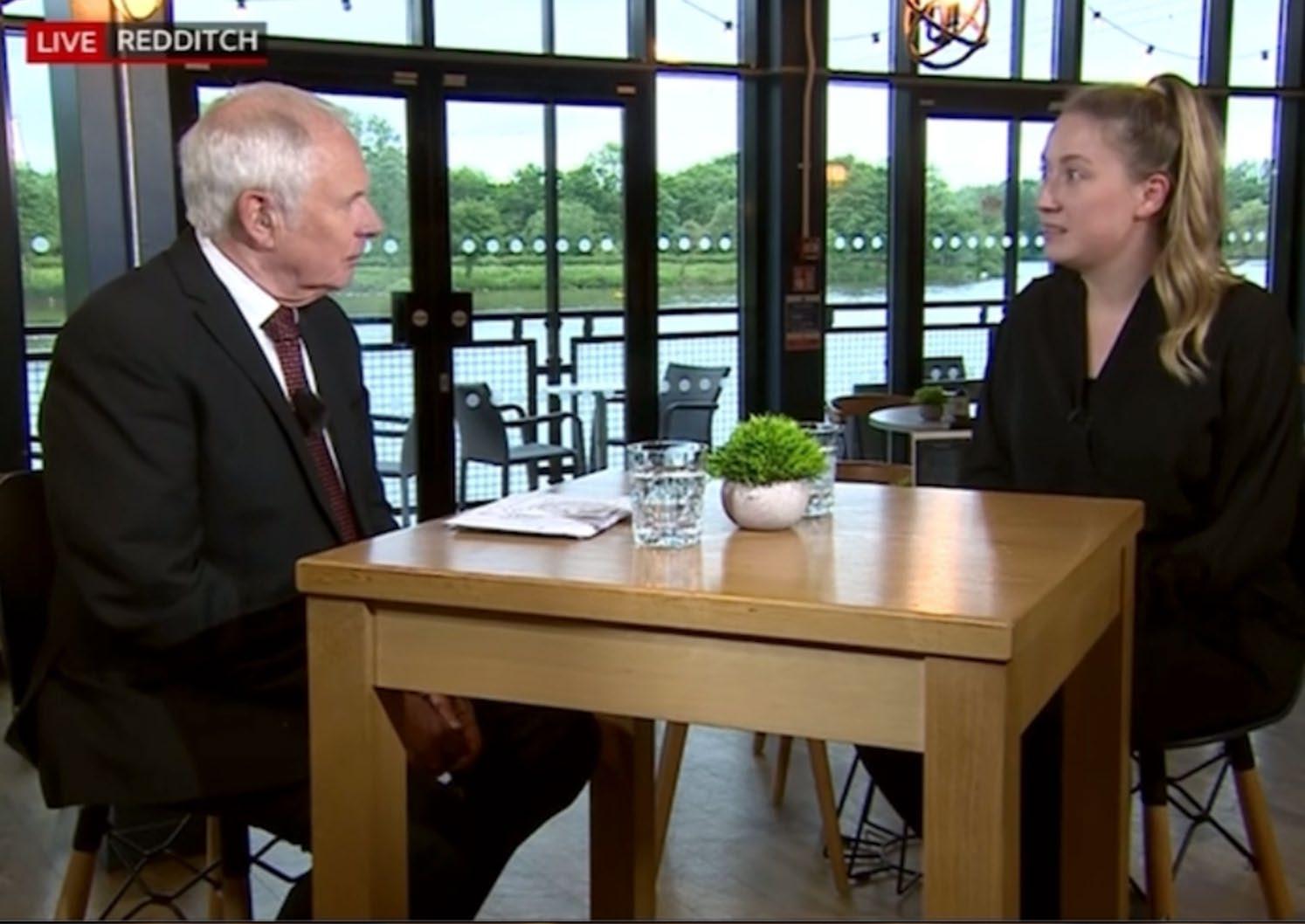
Shining a light on the PRS
As part of its election coverage, BBC Midlands Today asked one of Sheldon Bosley Knight’s lettings team to talk about the issues facing the private rental sector.
Katie Fitzgerald, senior lettings negotiator, was interviewed in Redditch, live on air by host Nick Owen and alongside prospective candidates for the town, former Tory housing minister Rachel Maclean and Labour candidate, Christopher Bloore.
Perhaps the biggest single issue facing the sector is the lack of supply which Katie said needed to be addressed as a matter of priority whichever party gets into power on July 5.
She illustrated how difficult the situation was for tenants by offering a recent example of one property which had in excess of 50 requests to view it. There were 10 viewings booked in within 24 hours of listing and 10 applications received to take on the tenancy.
Other topics raised during the interview were Section 21s, how landlords are leaving the sector, the impact on tenants of increasing rents and the now abandoned Renters’ Reform Bill.
Katie said: “It was good to talk to the BBC and show how an increasing lack of stock is affecting negatively the private rental sector and how it is impacting prospective tenants.

“Unless the next government tackles the issue head on, rents are likely to continue to rise and tenants will be unable to find accommodation.”
“Unless the next government tackles the issue head on, rents are likely to continue to rise and tenants will be unable to find accommodation.
“It was also good to meet two prospective candidates and talk to them directly about what their priorities are for the sector and how they might help should they get into government.”
Three is the magic number...
It all started with a question in the summer of 2021 - ‘shall we create a regular Instagram post for landlords?’.
From this question, Landlord Times was born. Our first social media post consisted of a single page, single headline story, and may have reached a few hundred wandering eyes on Instagram. We wanted to keep it black and white to replicate front page newspapers from the 1900s.
By the time we started designing the third post, we realised the private rental sector was heading into a major shift in
thunderstorm was brewing. With this in mind, we knew one page with just one headline was not enough and our ‘Landlord Times’ needed to be more than a social media post, and more of a window into this impending reform of an industry.
Month by month, the number of relevant articles increased, thus more pages were added, until it was a fully-fledged e-newsletter.
LANDLORD TIMES
Issue No.1 July 2021
LANDLORD?
Worried about not yourgetting rent?
Sheldon Bosley Knight Lettings


During these initial months, the number of landlords selling, and investors buying trended up (possibly because of the changing industry) and prompted me to create a more unified picture of the investment market within Sheldon Bosley Knight. In so doing we welcomed Investment Eye, a selection of hand-picked buy-to-let opportunities from across the group, whether they are coming to the market or discreetly kept off the market, with the main points of the investment including yields (gross).
uy to let evictions expert, and TV star Shamplina says that ‘the changes made to lettings regulations and law during the COVID-19 pandemic makes essential that even small landlords use a good agent to manage properties’. Shamplina private landlords to use professional letting agents to their properties as the rented sector comes even more financial and pressure. With this in place, now is the landlords to seriously using a residential agent, even if they the past. The 47 regulation and law portfolio landlords changed everything landlords to ensure they are on the right side of the new changes, now is the time to employ a professional agent. ‘Lettings agents are always open to upgrading their services to fully managed in order to support landlords more’, according to Paul Shamplina, ‘the days of let-only are numbered’. UK landlords that don’t use a letting agent to manage their property are 272.5% more likley to be 2 months or more in arrears during Covid. *Based on official stats from HM Government and Denton House
three years and Landlord Times has evolved in its design, its education and its popularity. During these three years, we have immersed ourselves in major topics such as the Renters’ Reform Bill, the impact of the mini budget and rising rents and interviewed senior politicians such as Nadhim Zahawi MP. We did, and still do this, to provide you, our landlords, with all the facts to allow you decide how you navigate your property or portfolio through these turbulent times.

Landlords Times at this point was complete, and was being sent to all our landlords, regardless of the chosen service, as well as potential landlords looking to
Fast forward only

“Landlord Times is now sent to over 6,500 landlords, with properties spread over four counties, while the Investment Eye showcases our best investments to over 2,500 active investors.”
Landlord Times is now sent to over 6,500 landlords, with properties spread over four counties, while the Investment Eye showcases our best investments to over 2,500 active investors.
I am extremely proud of how this superb product has evolved and is still evolving, with a single philosophy adhered to – educate our landlords.
I would also like to take this opportunity to mention a special thanks to the brains behind this, who tend to stay in the shadows: Kate Gould, content and media manager, and Rob Conacher, graphic designer who have been the backbone to Landlord Times.
We thank you for your positive feedback which we continually receive and look forward to continuing our hard work to make Landlord Times the only0 necessary destination for all landlord news.

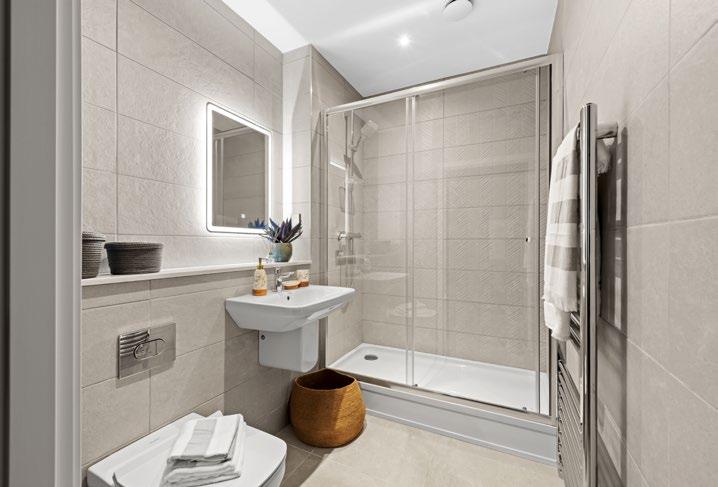
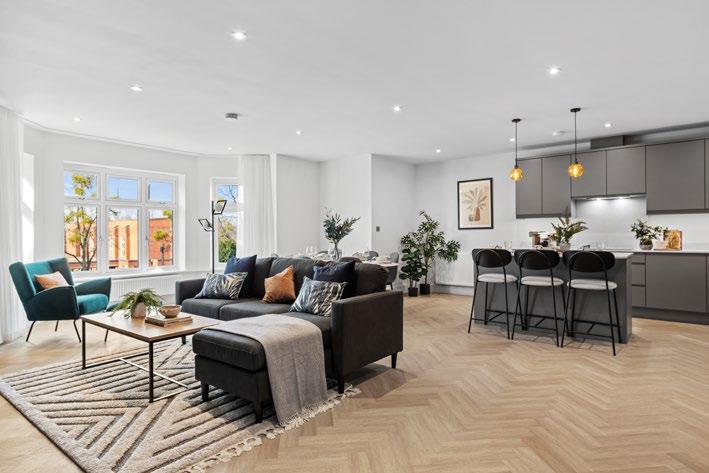

•
•
• High
•
•
•


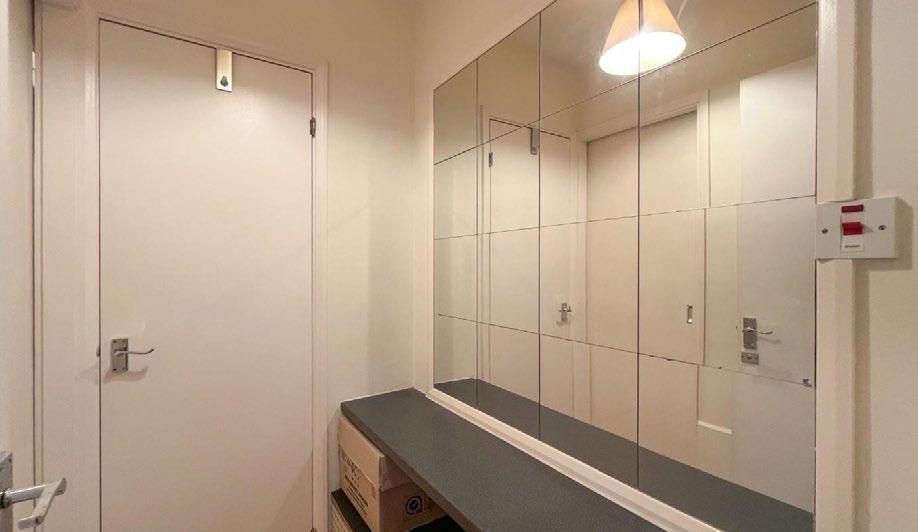
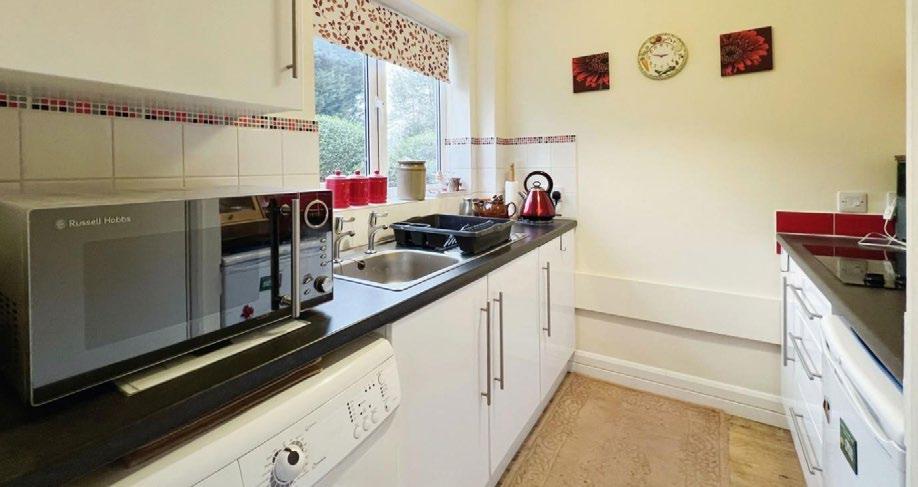
• Private entrance
• EPC - D Woodlands Court, Coventry
• Current rent value of £625 pcm
• Modern fitted kitchen
• Spacious shower room
• Lease length - 59 years remaining

• One bed first floor flat
• Tenant in situ
• Private balcony
• No chain
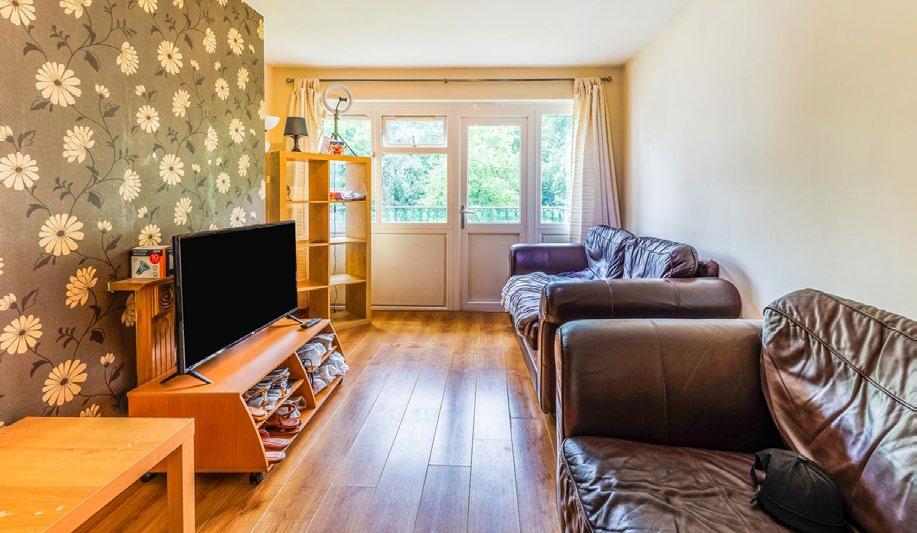
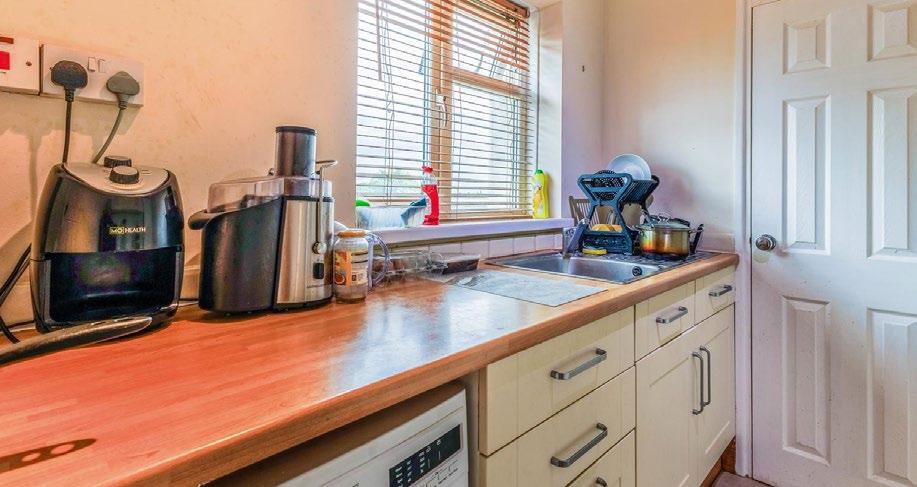
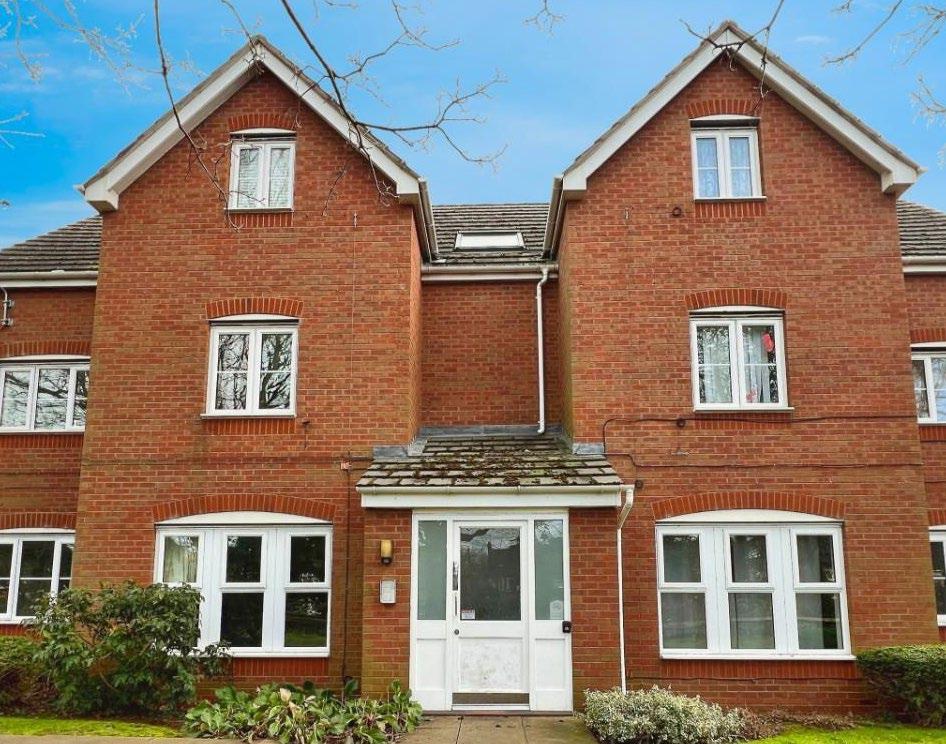
• Recently renovated
• Modern fitted kitchen and bathroom
• Highly sought after location
• Allocated parking space
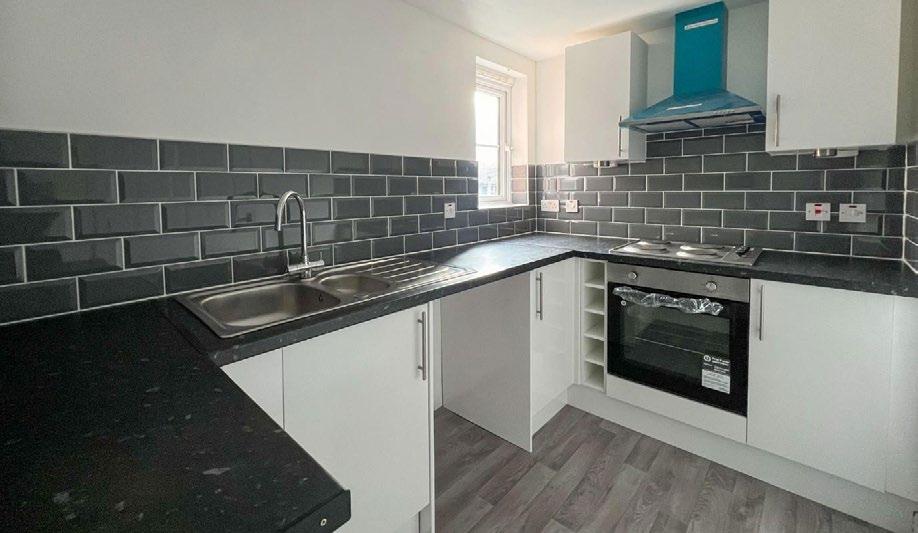

• Current rent value of £850 pcm
• EPC - C
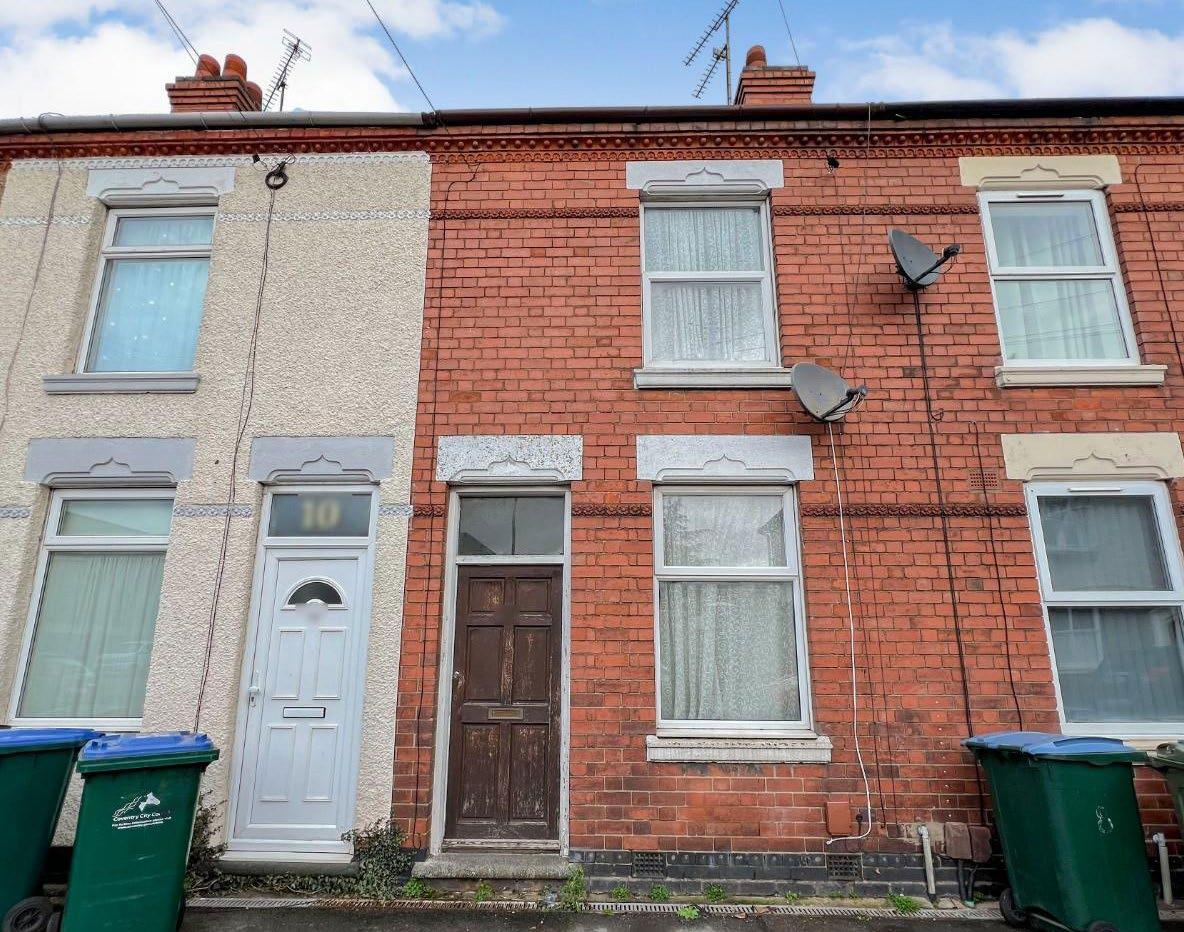
• Two Bedrooms
• Downstairs bathroom
• Separate dining room
• In need of modernisation
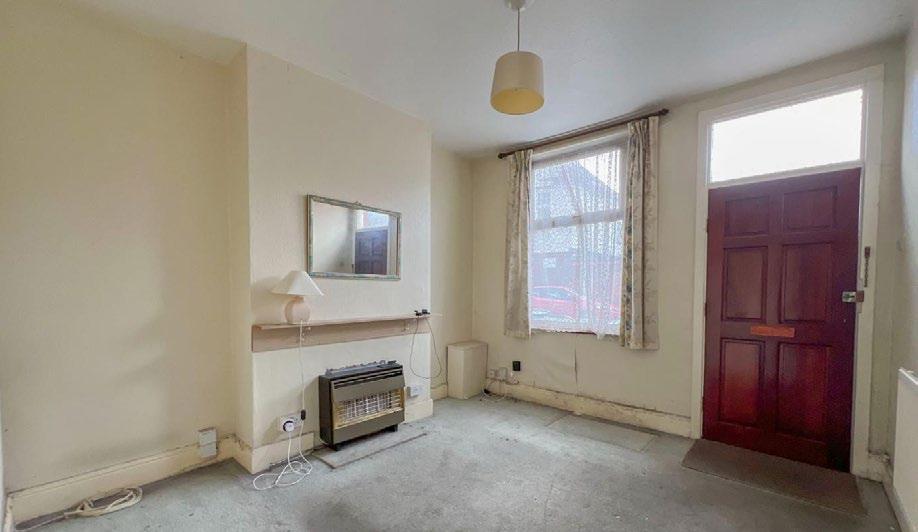
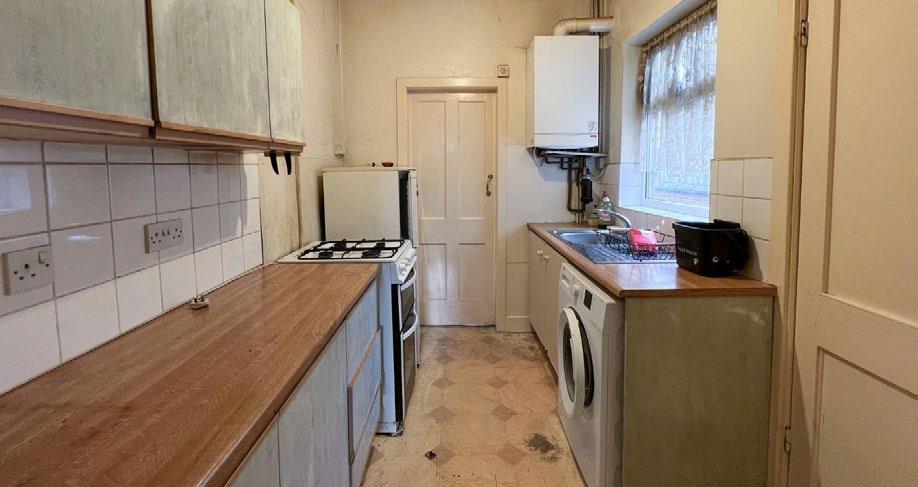
• Current rent value of £895 pcm
• EPC - D
£160,000





• Downstairs reception/bedroom
• Fitted kitchen
• Three bedrooms to first floor
• Large rear garden
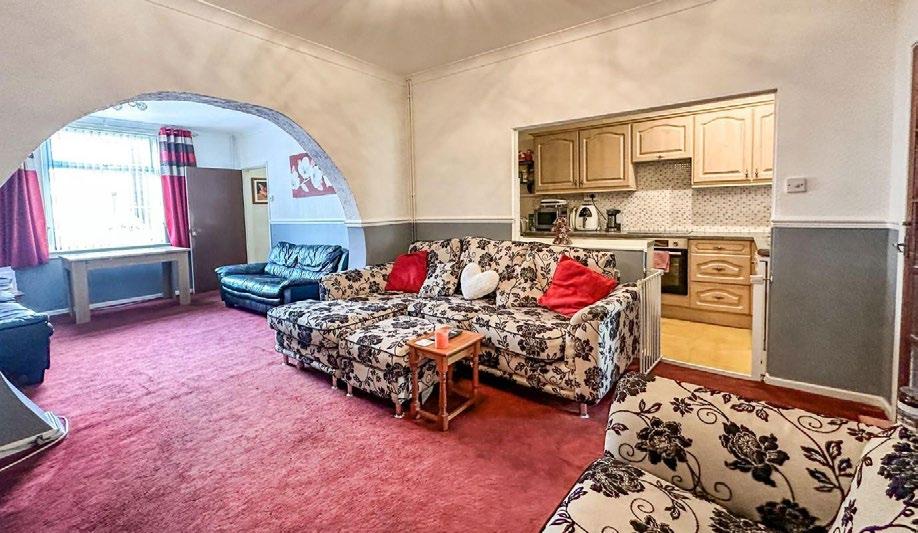
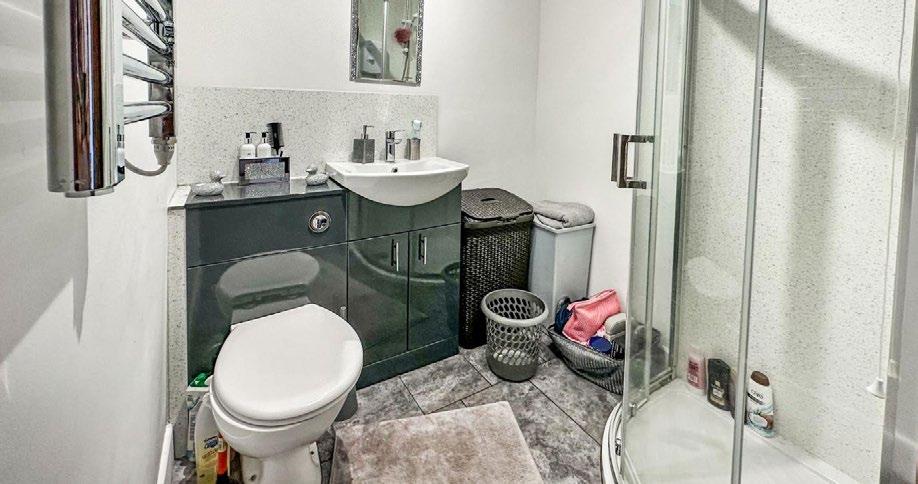
• Current rent value of £950 pcm
• EPC - C

• One-bedroom house
• Living room with feature open fireplace
• Charming and characterful period terraced cottage
• Sizeable garden
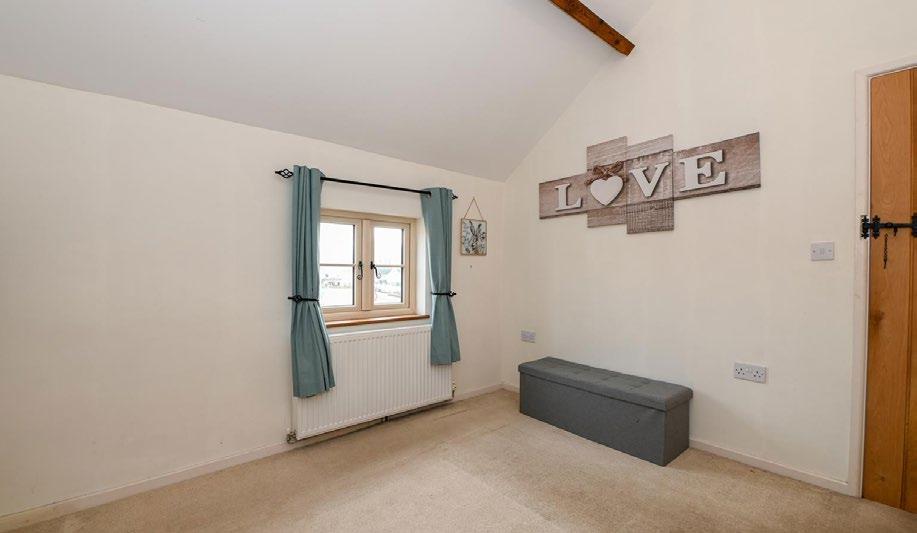
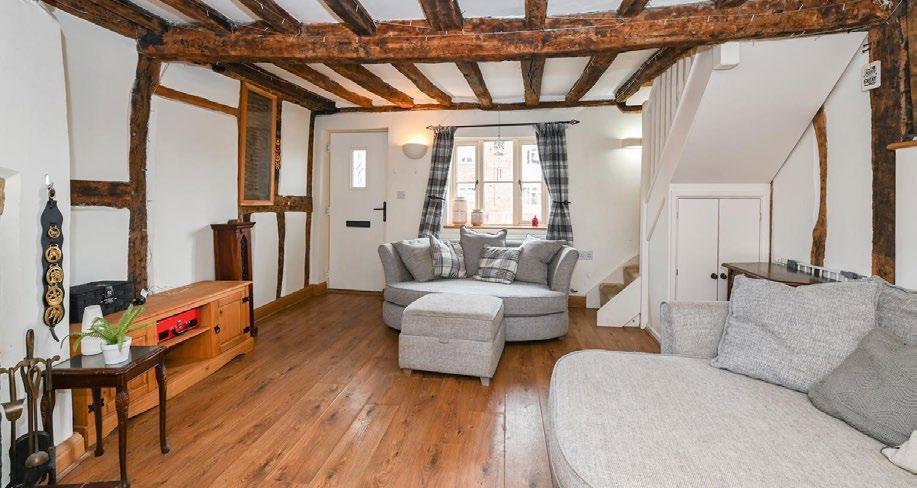
• Current rent value of £895 pcm.
D


• Prominent high street location
• Investment opportunity
• Gross Internal Area: 434m (46802ft2)
• Passing Rental Value: £47,000 per annum
• Leased to a national covenant

• Prominent high street location
• Potential for future development (STP)
• Prominent for passing traffic
• 20 parking spaces




• Development potenial (STP)
• Stratford town centre
• Freehold
• EPC - D
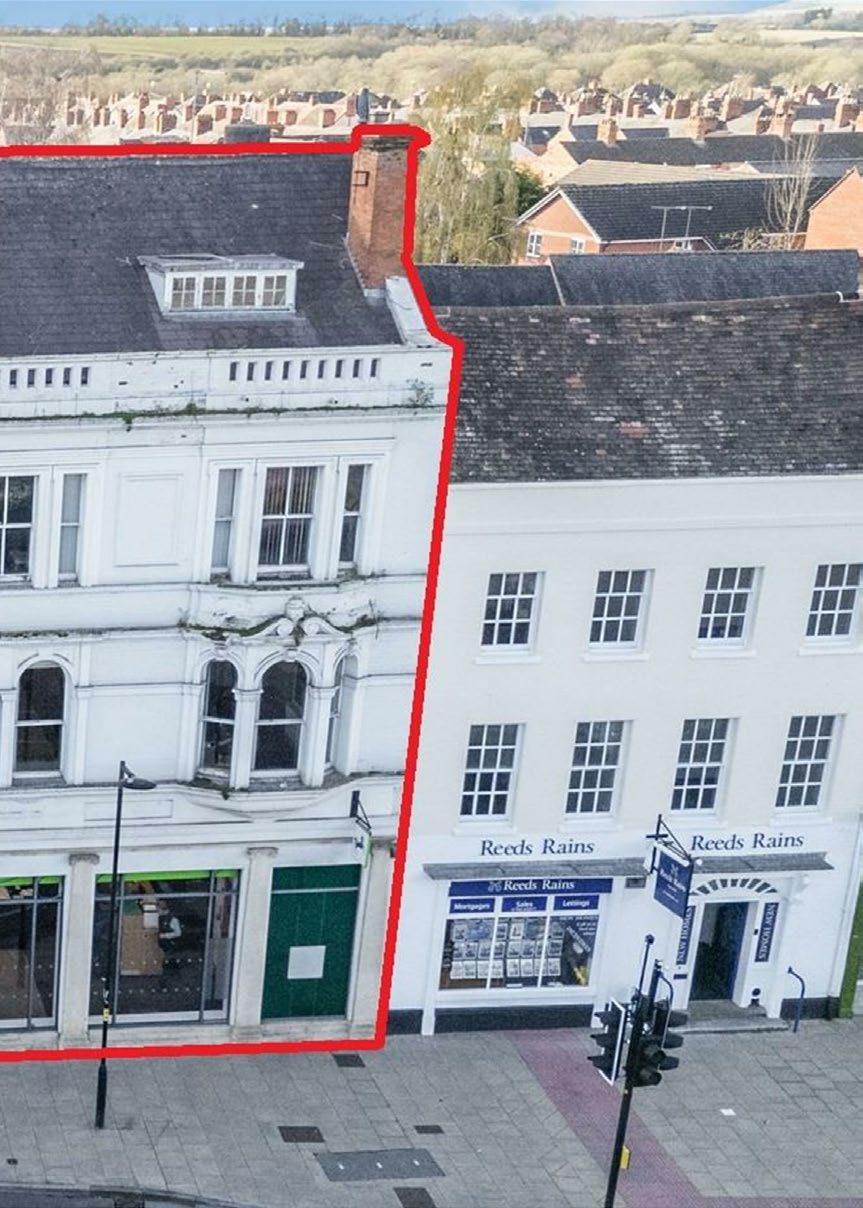

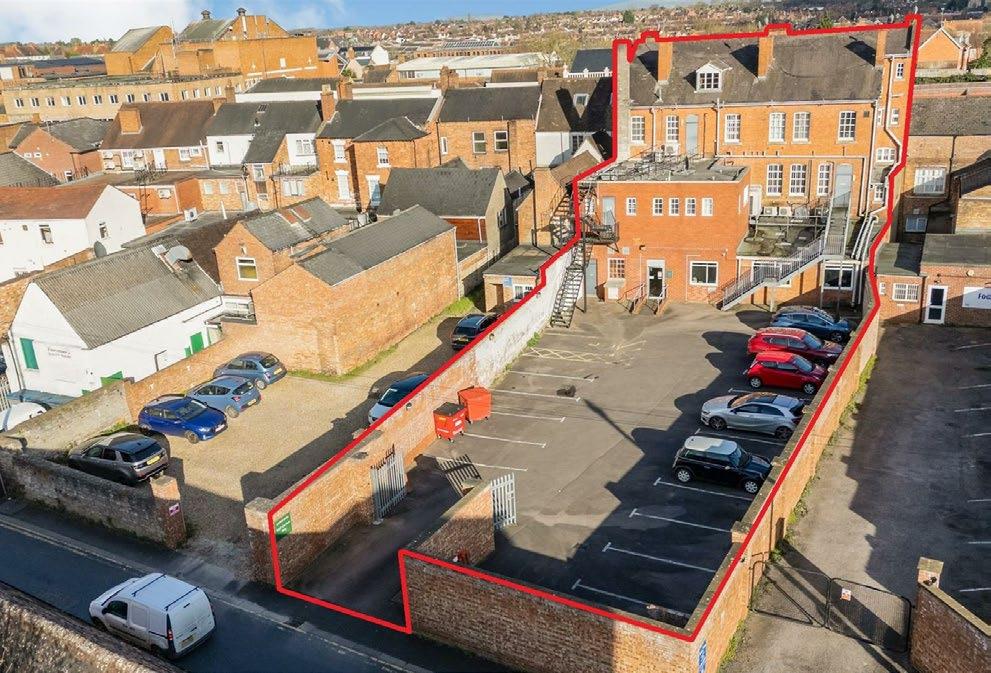
• Passing rent of £74,000 per annum
• Three-storey commercial property
• 793.94m (8,546ft2)
• EPC - TBC






